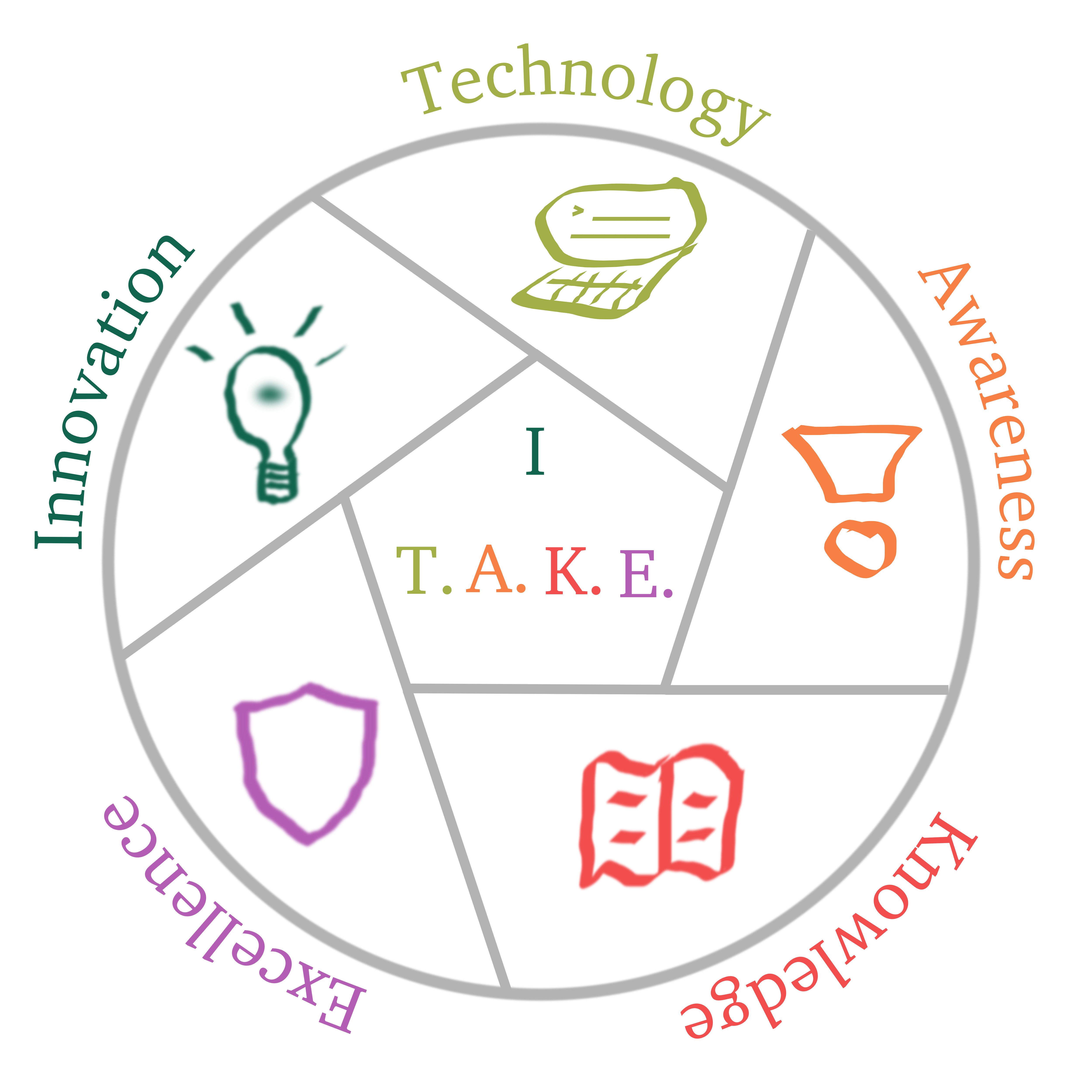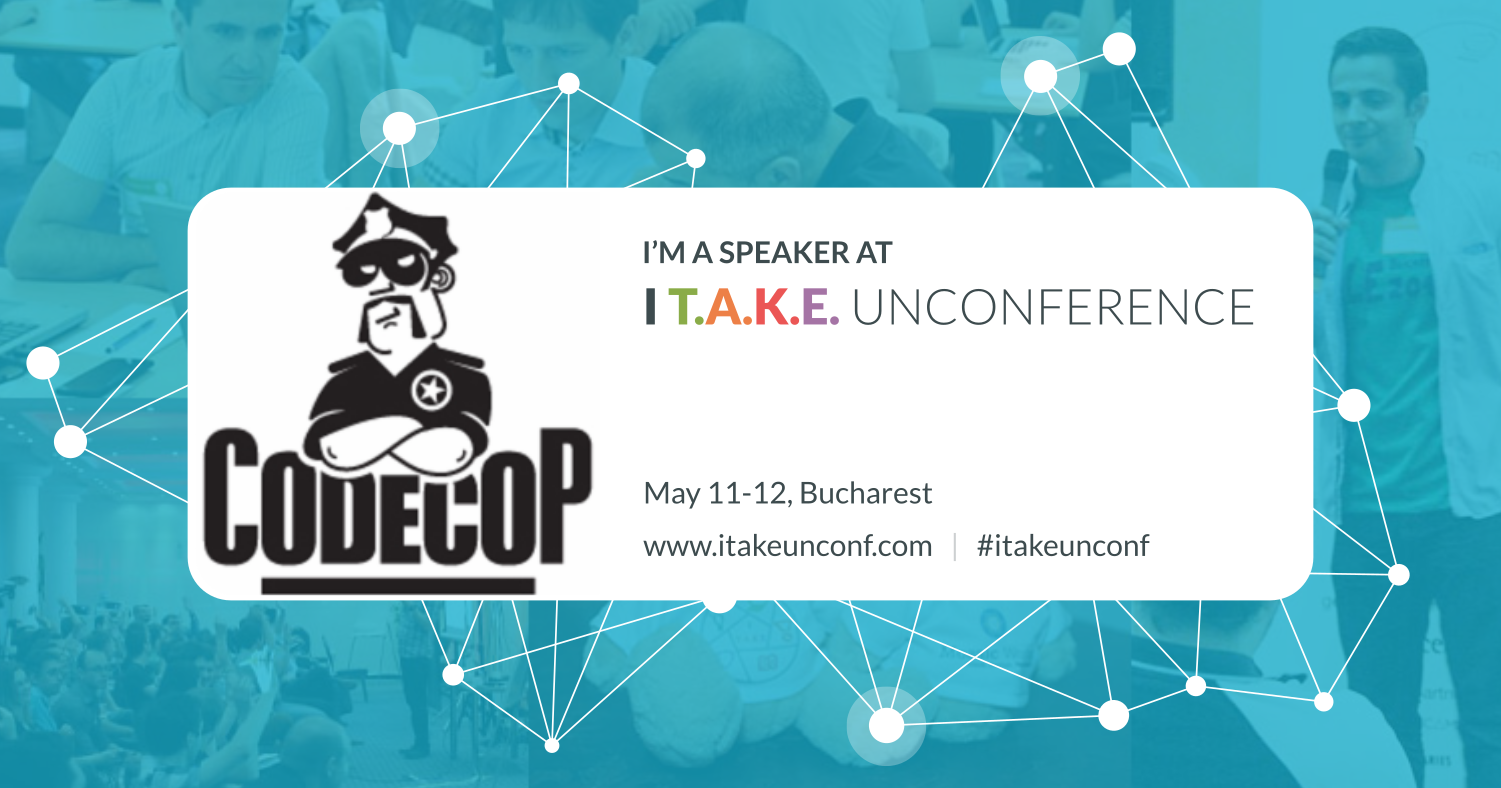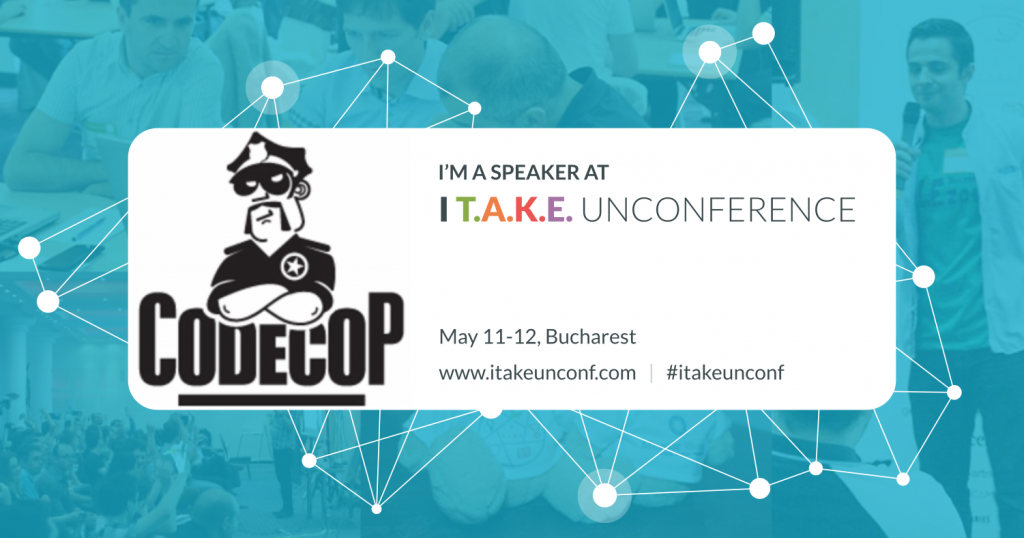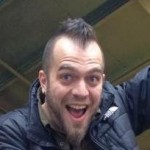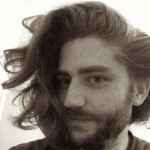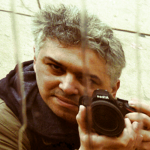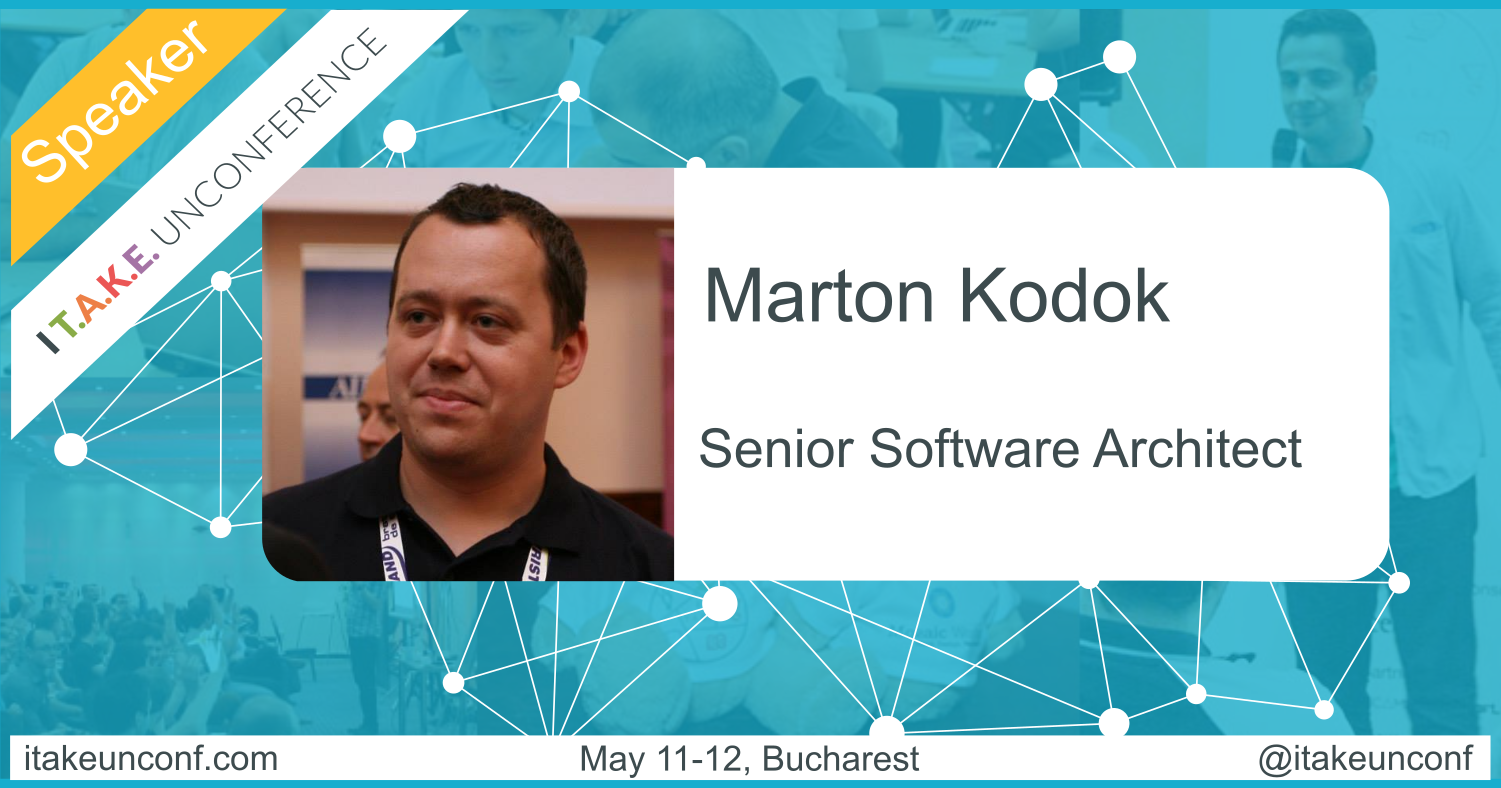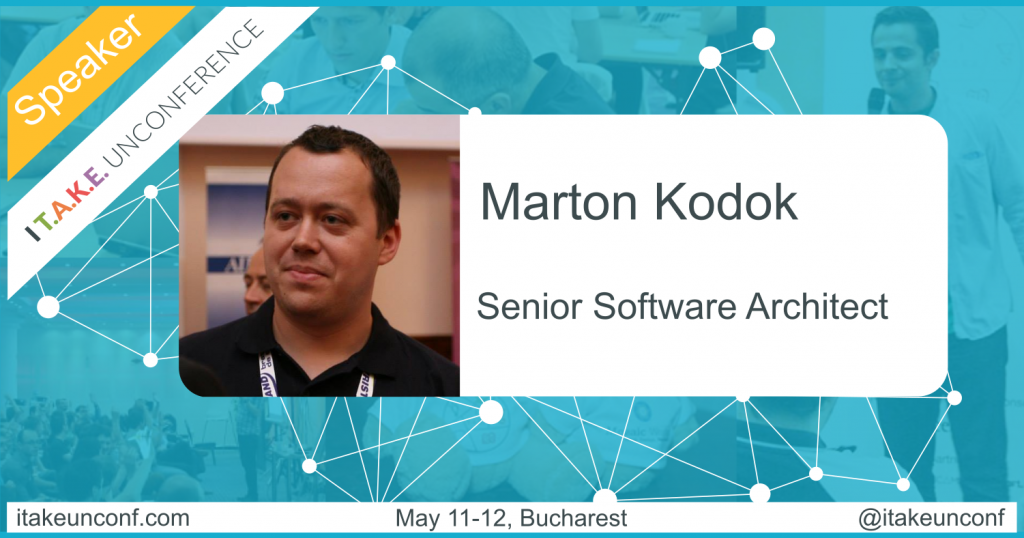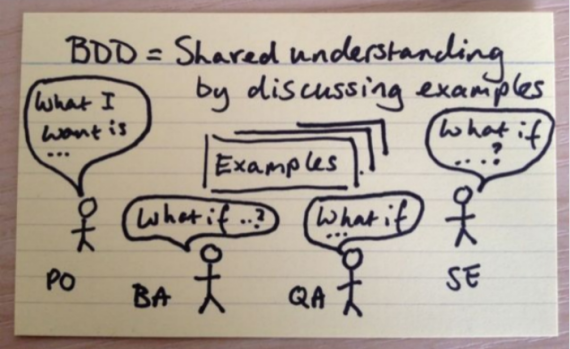
Thomas Sundberg is an independent consultant based in Stockholm, Sweden. He has a Masters degree in Computer Science from the Royal Institute of Technology, KTH, in Stockholm. Thomas has been working as a developer for more than 20 years and has developed an obsession for technical excellence. This translates to Software Craftsmanship, Clean Code and Test Automation.
Cucumber JVM is a tool that allows development teams to describe how software should behave in plain text. The text is written in a business-readable domain-specific language and serves as documentation, automated test and development-aid – all rolled into one format. Cucumber JVM enables the implementation of Behaviour Driven Development in an organization that uses JVM for development.
Enjoy his presentation @ I T.A.K.E. Unconference 2014 edition.
Check out more about I T.A.K.E. Unconference 2015 or see directly the Schedule.
